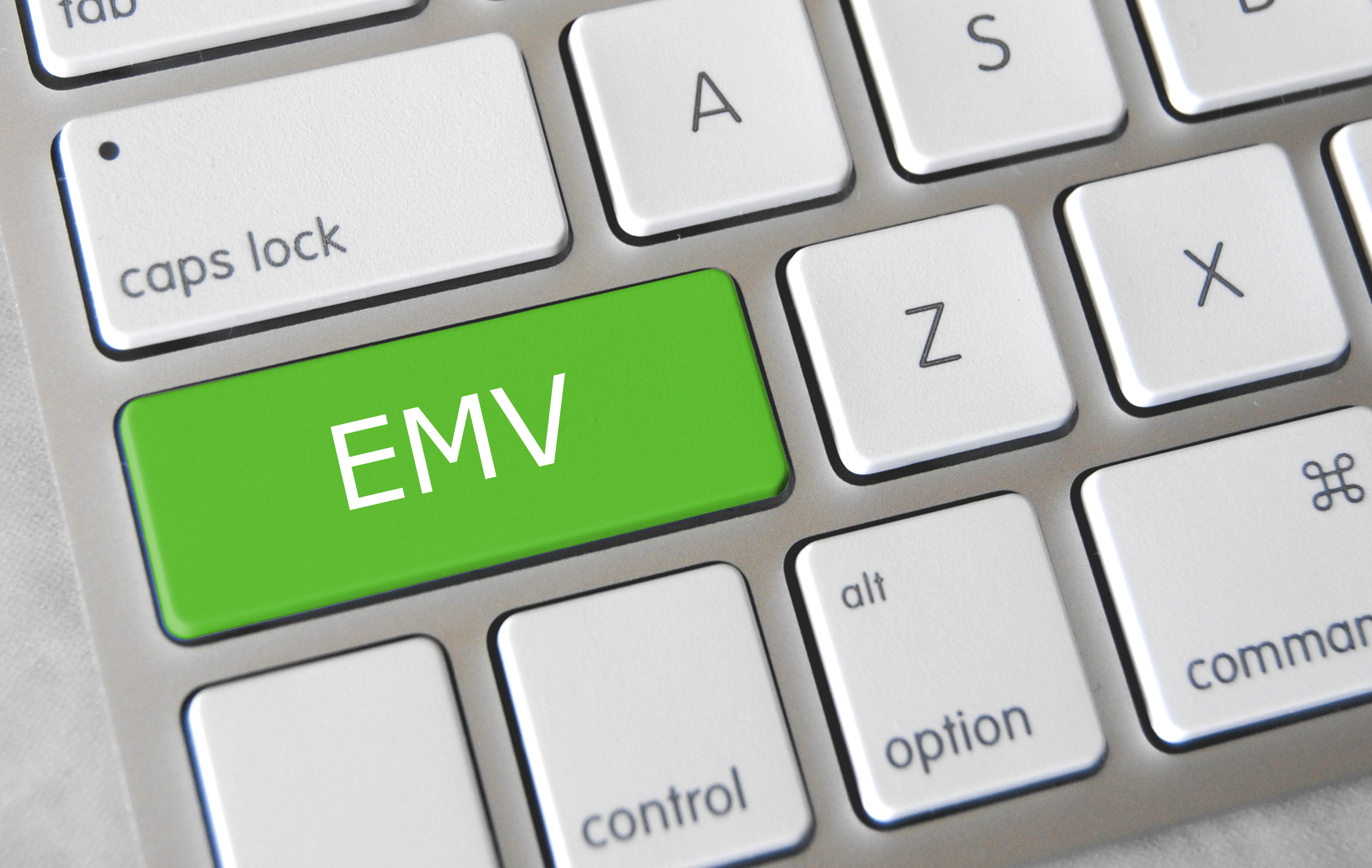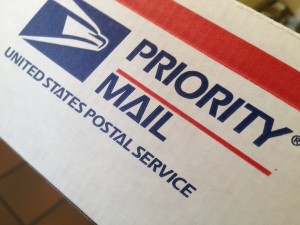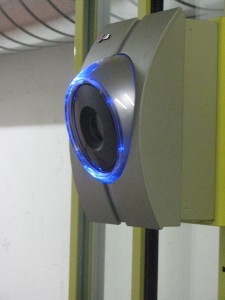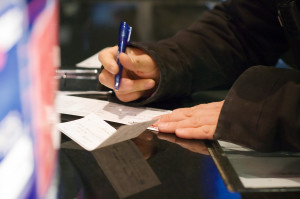
May 18th, 2016 by Elma Jane
Terminals are ready, but the software isn’t – many merchants have EMV capable equipment, but has not been activated yet because it still needs to be certified.
The certification process includes security and compatibility tests.
For a small merchant, all you need to worry about is your equipment or software is EMV certified.
For software, developers, terminal manufacturers needs to get certification before they can deploy their products to merchants.
So many merchants who want to accept EMV, are now just waiting for their POS system to get necessary upgrades, which they can’t do until they’re certified.
Slower Checkout Time – common complaint by consumers. Dipping takes several seconds longer than swiping the card. There’s also a chance of forgetting your card because you have to leave your card inserted while waiting for the transaction to get approved.
The fastest Path to EMV – Depending on the nature of your business, the risk of landing yourself for credit card fraud is slim. The easiest way is to contact your merchant account provider and they will tell you what equipment and software you need and how much it will cost.
For our retail customers, we have the iCT250, the smart and compact desktop device designed for maximum efficiency. iCT250 offers a smart and effective payment experience on minimum counter space. Accept all electronic payment methods including EMV chip & PIN, magstripe and NFC/contactless.
For card-not-present, we have our payment gateway platform that accepts payments your way Online, In-Store and On the Go.
- E-commerce – manage your e-com business along with all of your other payment transactions in one, secure place.
- In-Store – accept payments in person with ease using your computer and a broad range of an optional device, like card readers and PIN pads.
- Back Office Mail & Phone – Process you mail and phone payments online. Converge is ideal for recurring and installment payments too.
- Mobile – Take payments on the go with an intuitive mobile app that’s compatible with most smartphones and tablets.
For more details give us a call at 888-996-2273 or check out our website for our products and services.
Posted in Best Practices for Merchants, Credit Card Reader Terminal, e-commerce & m-commerce, EMV EuroPay MasterCard Visa, Internet Payment Gateway, Mail Order Telephone Order, Merchant Account Services News Articles, Mobile Payments, Near Field Communication, Point of Sale, Smartphone, Travel Agency Agents Tagged with: card, card readers, Chip & PIN, consumers, contactless, credit card, customers, e-commerce, electronic payment, EMV, fraud, in-store, magstripe, merchant account, merchants, mobile, nfc, online, payment, payment gateway, PIN pads, POS, provider, Security, terminals, transaction
December 2nd, 2013 by Elma Jane
Post Office launches new payments service to help small businesses make more money.
The Post Office in partnership with WorldPay, has launched a new card payment service to help sole traders and small businesses. The Post office which services around four million small businesses, will offer them a range of ways to take secure card payments made in-store, online, via mail or telephone order, or on the move, which it hopes will plug a 20 per cent revenue gap between firms that accept card payments and those that don’t. According to new WorldPay research, 87 per cent of customers are likely to spend more money per transaction when paying with a debit or credit card, as opposed to cash.
The study also showed during the past year, one in five of UK consumers has had to abandon a purchase due to a small business or sole trader not accepting cards or because they weren’t carrying enough cash to pay. The service includes card machines for in-store payments or those made via mail or telephone order, and online payment pages for websites.
There is also a Pay As You Go option for sole traders and mobile businesses, like hairdressers or beauty therapists, who can sign up to take secure Chip and PIN card payments.
Posted in Credit card Processing, Electronic Payments, Mail Order Telephone Order Tagged with: card payments, Chip and PIN, credit-card, in-store, mail or telephone order, online, payment, purchase, secure, service, transaction, worldpay
October 21st, 2013 by Elma Jane
UL’s (Underwriter Laboratories) latest contribution to the future of payments has been accomplished through its three years of work with National Security, a French biometrics company that has created a commercially viable biometric technology solution for the point of sale.
The move positions UL and National Security at the forefront of an industry that is expected to expand by 140 percent to reach $12 billion in revenue over the next five years, potentially transforming online, mobile and in-store commerce by increasing the speed of transactions in the process.
Still, arguments can be made that biometric use at the point of sale will remain limited. Why does UL believe the market is right for biometrics, and how did it successfully ensure biometric payments will be ready for all parts of the payment process?
Why The Time Is Now For Biometrics
Consumer concerns regarding identity theft and violence are on the rise, and the solution according to many is a viable biometrics payment solution. Reports show that there is already strong demand in the U.S. and Asian markets for such products, and major research outlets have put their support behind the technology.
UL’s case study elaborates on the benefits illustrating how biometric data has been developed to be harder for hackers to infiltrate and compliant with EMV security standards.
Developing The Technology
UL’s work to ensure biometrics will remove friction at the POS has been extensive. For example, its latest case study profiles how UL developed the underlying technology to overcome challenges and work in harmony with wireless technologies such as bluetooth and Wi-Fi. Further, it explains how UL assessed the human health impact of National Security’s biometric solutions.
Posted in Credit card Processing, Electronic Payments, EMV EuroPay MasterCard Visa, Mobile Point of Sale, Near Field Communication, Point of Sale Tagged with: biometric, bluetooth, commerce, data, developing, EMV, future, hackers, identity theft, impact, in-store, mobile, online, payment process, payments, point of sale, POS, process, security standards, solution, speed, transactions, viable, Wi-Fi, wireless
October 15th, 2013 by Elma Jane
What is an electronic check?
Electronic Check also known as Echeck – is an electronic version of a Paper Check. Electronic Checks allow merchants to convert paper check payments made by customers to electronic payments that are processed through the (ACH) Automated Clearing House Network. It’s a fast, efficient, and secure way to process check payments.
Because of the many benefits and increased security methods that electronic checks offer, this method of payment is quickly growing in popularity. In 2007, electronic check conversion increased by 30%, with more than 3.1 billion paper checks converted to echecks through in-store transactions. Familiarizing yourself with how electronic checks work, the benefits and security features they offer, and how you can get started with electronic check conversion will save you time and money and help you provide greater protection for your business and your customers.
How it works:
Electronic check conversion is a simple method of processing payments, and the changes to how you do business are minimal. One of this method’s greatest advantages is that you can electronically submit checks instead of having to physically take them to the bank, saving you time and increasing employee efficiency.
When you receive a paper check payment from your customer, you will run the check through an electronic scanner system supplied by your merchant service provider like National Transaction Corporation (NTC). This virtual terminal captures the customer’s banking information and payment amount written on the check. The information is transferred electronically via the Federal Reserve Bank’s ACH Network, which takes the funds from your customer’s account and deposits them to yours.
Once the echeck has been processed and approved, the virtual terminal will instantly print a receipt for the customer to sign and keep. Employees should mark the paper check as “void” and return it to the customer. Your merchant transactions will be available online for viewing with customized detailed reporting, which may vary in features depending on the merchant service provider you choose.
Using electronic check conversion to process your customers’ payments holds many benefits over paper checks:
Benefits:
1. Received Funds Sooner. Businesses that use electronic check conversion have funds deposited almost twice as fast as those using the traditional check processing method, with billing companies often receiving payments within one day.
2. Reduced Fraud and Fewer Errors. Echecks are processed using an automated system, which cuts down the number of people who must handle the check, reducing the potential for error and fraud. Merchant service providers (NTC) also maintain, monitor, and check files against negative account databases that store information about individuals or companies that have past records of fraud to help decrease fraudulent activity.
3. Reduced Processing Costs. In general, the cost to process an echeck is substantially less than that of paper check processing or credit card transactions. Echecks require less manpower to process and eliminate incidental costs such as deposit and transaction fees that accompany paper checks. With Echecks, you can save up to 60% in processing fees.
4. Sales Increase. If your business didn’t accept paper checks in the past, you can expand the payment options available to your customers and increase sales by offering echecks. If you are converting from accepting paper checks to echecks, you can still expand your customer base by being able to accept international and
out-of-state checks without the worry of fraud. Echecks require account validation and customer authentication processes that identify bad checks within seconds.
5. Safe, Simple and Smart. Electronic check conversion is easy to set up and relies on the ACH Network for processing, the same reliable and trusted funds transfer system that handles Direct Deposit and Direct Payment. Plus, echecks are a smart choice for the environment, helping to reduce more than 67.4 million gallons of fuel used and 3.6 million tons of greenhouse gas emissions created by transporting paper checks.
Increase security with electronic checks – Electronic check conversion leverages the latest information protection features such as encryption and message authentication. Because of this, many retail merchants, merchant service providers, and financial institutions consider it to be one of the most secure payment methods in the electronic payment processing industry.
Authentication – Merchants must verify that the person providing the checking account information has the authority to use that checking account. There are a number of authentication services and products available to merchants, including:
Digital Signatures or Digital Certificates are a way of Encrypting information that gives the receiver a more reliable indication that the information was sent by the claimed sender. They are used by programs on the Internet to confirm the identity of a customer to concerned third parties, serving a similar purpose as a handwritten signature. Digital Signatures cannot be easily tampered with or imitated and are easily transportable, thereby making them a reliable method for verifying identity when implemented correctly. Digital Signatures are often used to implement Electronic Signatures, a broader term that refers to any Electronic Data that carries the intent of a signature.
Duplicate Detection and prevention is another way to reduce fraudulent activities. Financial institutions have software and operational controls in place to prevent duplication of the scanned electronic representations of customer checks.
Encryption The ACH Network automatically encrypts messages using 128-bit encryption and a secure sockets layer (SSL).
Public Key Cryptography is an Encryption/Decryption Security Method that uses one key to Encrypt a sent message and another to Decrypt it. With Electronic Check Conversion, the Private Key is a secret mathematical calculation used to create the digital signature on the Echeck, and the Public Key is the corresponding key given to anyone who needs to verify that the sender signed the echeck and that the electronic transfer has not been tampered with. Public Key Cryptography is another way to ensure authenticity of the Electronic Transfer of Funds.
What is the (ACH) Automated Clearing House Network?
The Automated Clearing House (ACH) Network is a funds distribution system that moves funds electronically from one entity to another. This highly reliable and efficient nationwide electronic network is governed by the rules established by the National Automated Clearing House Association (NACHA) and the Federal Reserve (Fed). The ACH payment system also handles debit card transactions; direct deposits of payroll, Social Security, and other government benefits; direct debit payments; and business-to-business payments.
How to get started with Echeck:
Useful advice to help make the implementation of electronic check conversion at your business run smoothly:
Choose a processing company that is well established in the market. While a competitive pricing package may also be of importance, having a processor that is reliable with a good reputation is essential.
Look for a processor that enables you to easily align your current business processes with your new electronic processing system. Ensure that you can easily export customer data and smoothly integrate the electronic payment processing system with your business management software.
Notify your customers that your business will begin using electronic check conversion to process payments. Federal rules require you to post a notification about this change in practice as well as to give your customers a takeaway copy of the notification. You must also provide customers a telephone number to request more information about electronic check conversion.
Posted in Electronic Check Services, Electronic Payments, Financial Services Tagged with: ach, authentication, automated clearing house, bank, check, checks, conversion, deposited, digital, echeck, electronic, electronically, encryption, fees, in-store, market, merchant, merchant service provider, money, online, payments, process, Processing, reporting, scanner, Security, signature, submit, terminal, transactions, virtual



